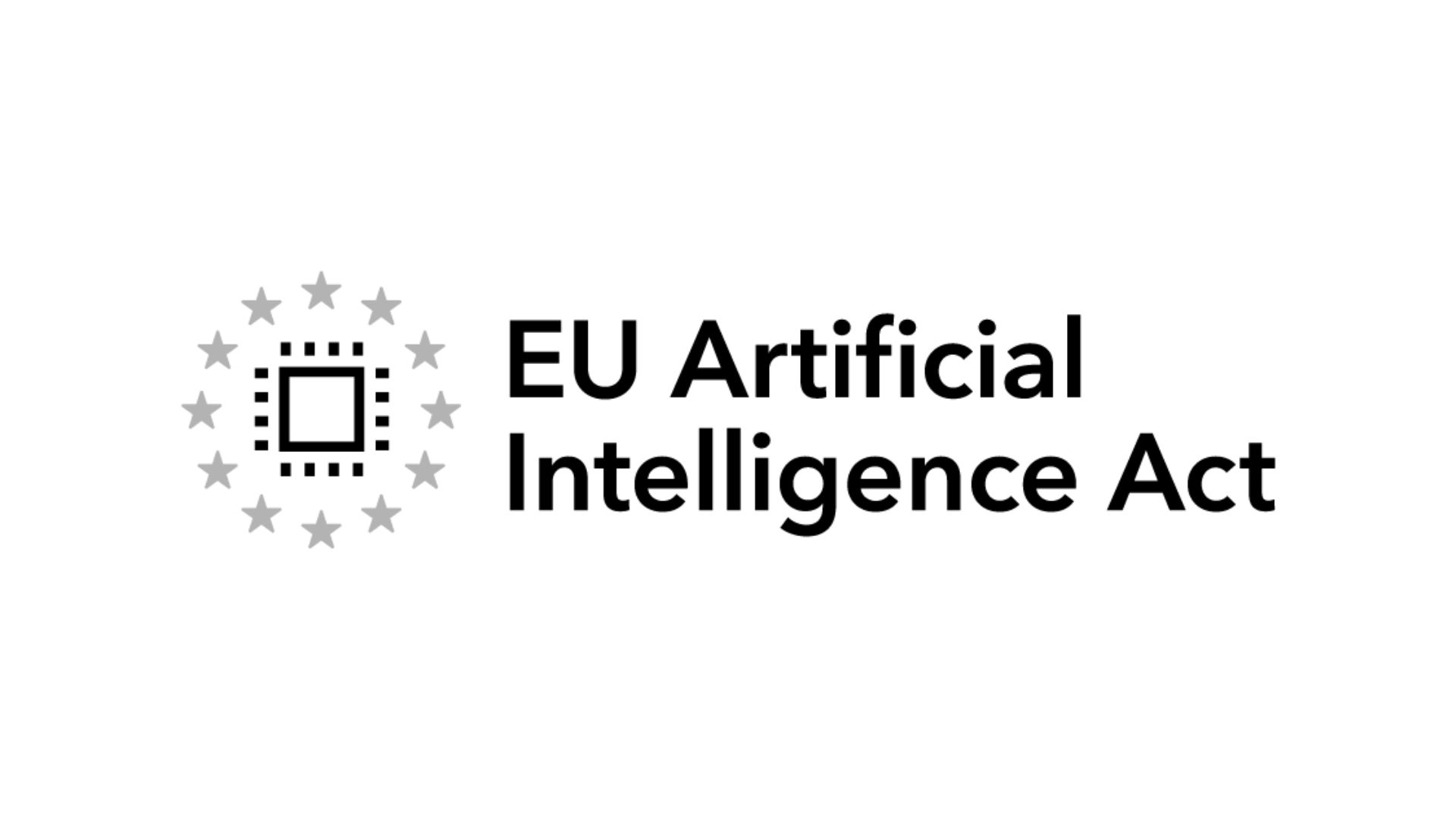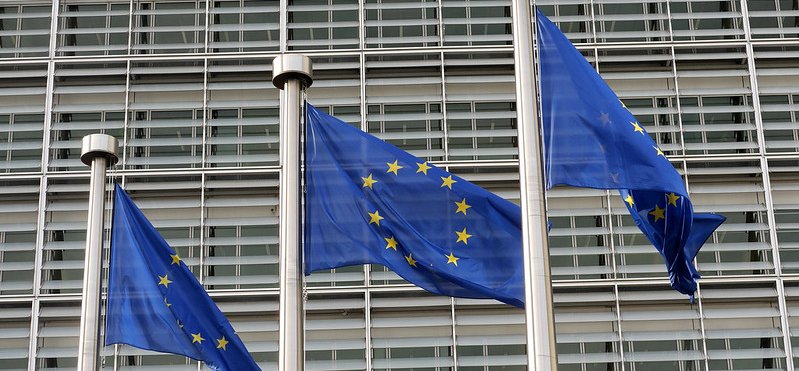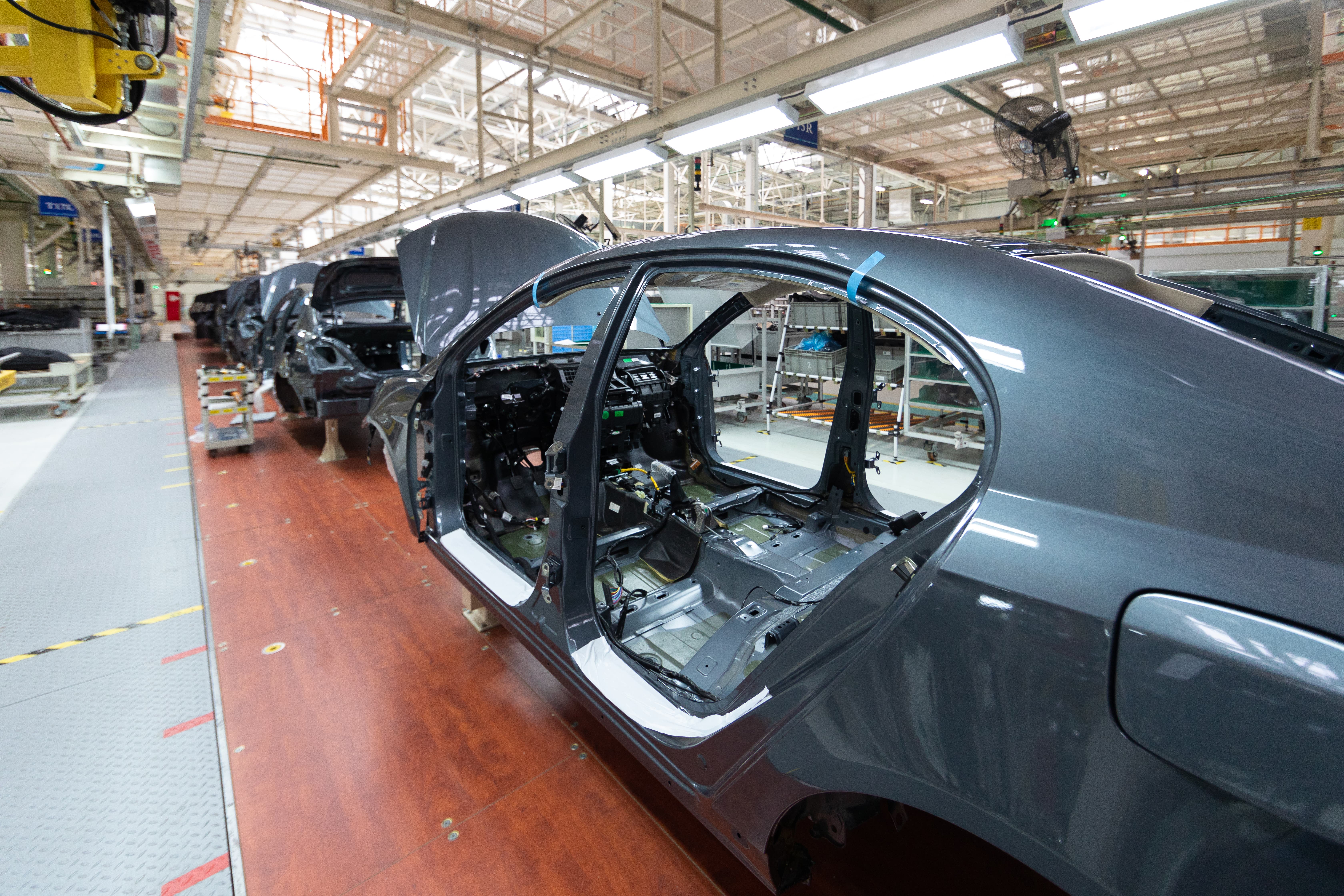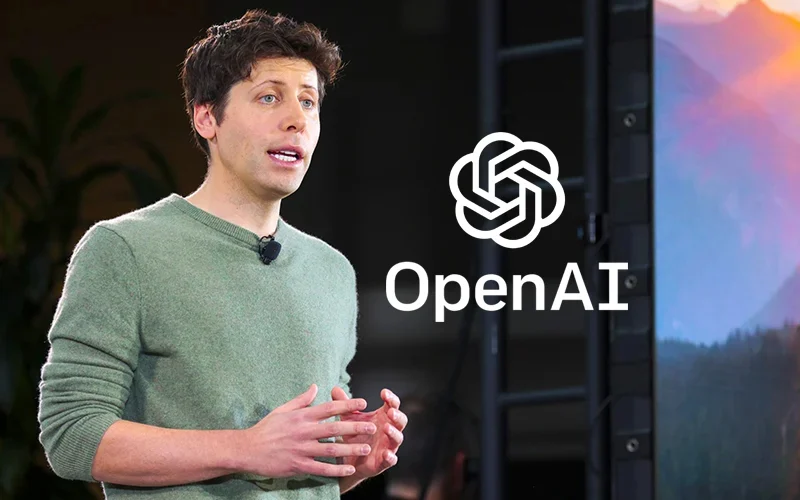The EU is preparing to unveil a new strategy to reduce reliance on American and Chinese technology by accelerating the growth of homegrown AI.
The ‘Apply AI strategy’, set to be presented by the EU tech chief Henna Virkkunen, positions AI as a strategic asset essential for the bloc’s competitiveness, security and resilience.
According to draft documents, the plan will prioritise adopting European-made AI tools across healthcare, defence and manufacturing.
Public administrations are expected to play a central role by integrating open-source EU AI systems, providing a market for local start-ups and reducing dependence on foreign platforms. The Commission has pledged €1bn from existing financing programmes to support the initiative.
Brussels has warned that foreign control of the ‘AI stack’ (the hardware and software that underpin advanced systems) could be ‘weaponised’ by state and non-state actors.
These concerns have intensified following Europe’s continued dependence on American tech infrastructure. Meanwhile, China’s rapid progress in AI has further raised fears that the Union risks losing influence in shaping the technology’s future.
Several high-potential AI firms have already been hosted by the EU, including France’s Mistral and Germany’s Helsing. However, they rely heavily on overseas suppliers for software, hardware, and critical minerals.
The Commission wants to accelerate the deployment of European AI-enabled defence tools, such as command-and-control systems, which remain dependent on NATO and US providers. The strategy also outlines investment in sovereign frontier models for areas like space defence.
President Ursula von der Leyen said the bloc aims to ‘speed up AI adoption across the board’ to ensure it does not miss the transformative wave.
Brussels hopes to carve out a more substantial global role in the next phase of technological competition by reframing AI as an industrial sovereignty and security instrument.
Would you like to learn more about AI, tech and digital diplomacy? If so, ask our Diplo chatbot!










